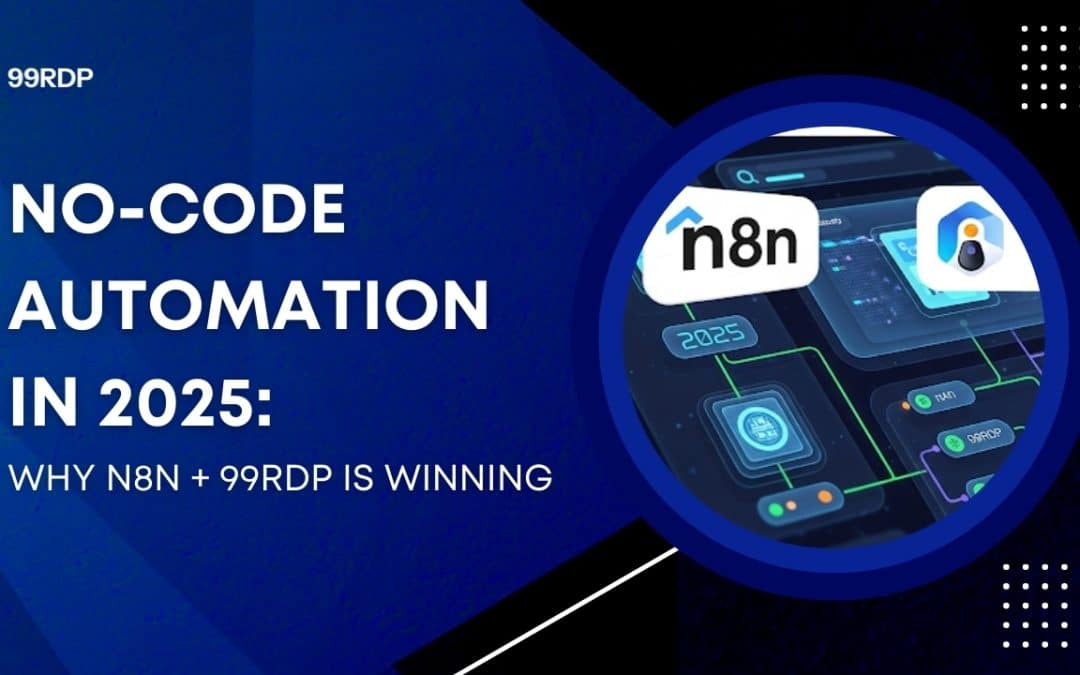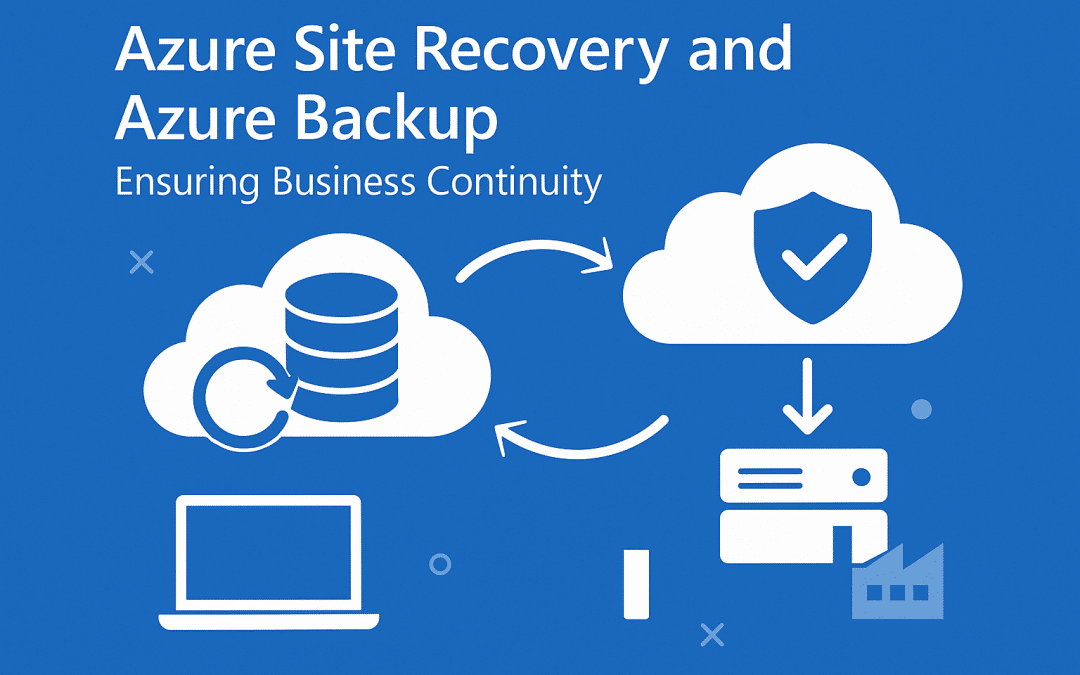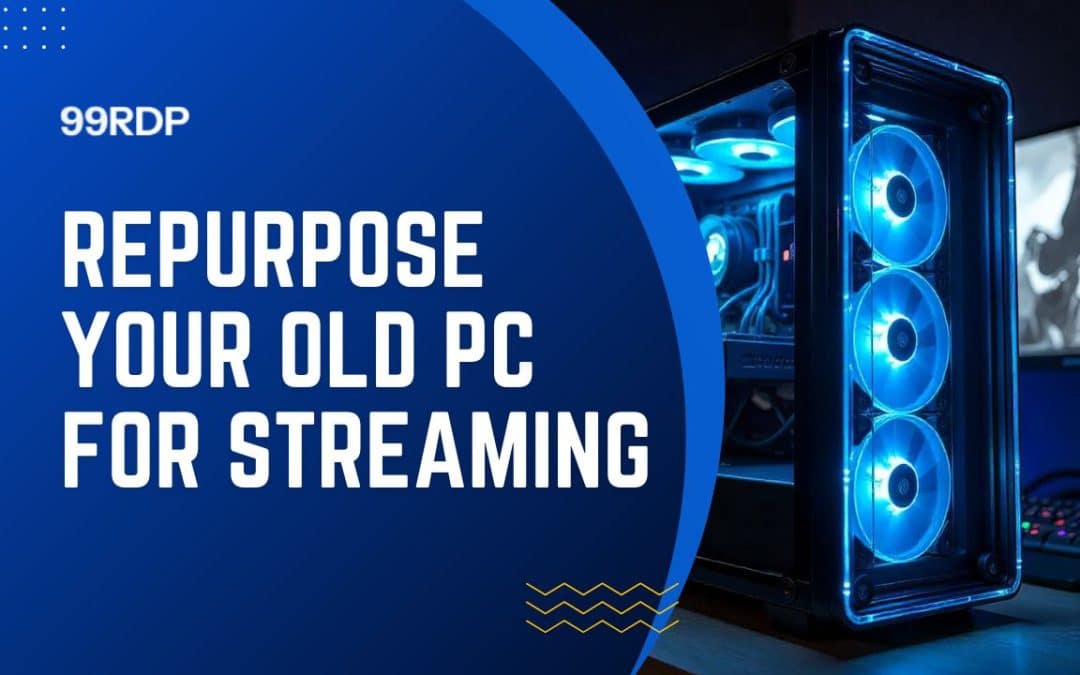No matter the size of your business, on-premises servers help you store, organize, collaborate and back up important documents. However, the size of your business may affect the type of server you use. Choose the right server for your small to medium business, doesn’t have to be this complicated. It turns out there are only four signs to look for to consider server for your SMB. In this article, we’ll go through our top 4 small business server picks and show you how to choose the best one for your SMB!
Why Would You Need A Server For Your SMB!
In short, a server is a central computer for your business. It can take on a variety of tasks. From running your email platform, to managing security updates and permissions on your group of PCs. To being a protected datastore for files, your most sensitive files. Unlike a typical laptop or desktop computer, servers are designed to work 24/7. Always on and always ready to connect your employees to the shared software and resources they needed to do the job. Here are some great examples of what a server can do for your SMB.
Your SMB Really Starting To Expand
When starting any business, when there are only two or three employees, managing your computers and IT is quite simple. But a funny thing happens when two or three become into ten. Performing these tasks is not only a little bit harder, but takes longer to get it done. You may have noticed that the time dedicated to employee PC maintenance has increased dramatically.
A dedicated server can simplify many of the tasks involved in managing a larger group of computers. It can be used to push software updates to all computers on your network, whether those computers are on your premises or not. Best of all, once the server has been configured to push updates, no further action is required. Updates happen when the user connects to the network, or possibly when the user logs out.
Your SMB Requires Secure Email And Storage
As stories of major security breaches – like Facebook – become the norm. You should question whether you’re really satisfied with your company’s data lying on a team for control or not. It’s not just about security. As your number of employees grows, so will your cloud costs. What starts out as an affordable way to give some people access to email and calendars can soon become a monthly expense. That eats away at other operating expenses. A dedicated small business server can solve the issues of data sovereignty and control, as well as costs. With a dedicated server, you can verify the integrity and location of the data in question.
Using Your Home Router To Keep The SMB Safe
If you still rely on your home Wi-Fi modem/router to protect your network from prying eyes and malware, you’re taking unnecessary risk. These devices are designed to provide fast and reliable Internet access. But they won’t give you a customizable level of enterprise-class security. In fact, a recent study by the American Consumer Institute found that 83% of Wi-Fi routers sold are vulnerable to cyberattacks. A dedicated SMB server can also serve as the first line of defense for your network, if you install and configure firewall software. A properly configured firewall is a secure gateway, monitoring all incoming and outgoing traffic for signs of malicious activity. It stops any traffic it doesn’t recognize as trusted and can even intercept events like denial of service (DOS) attacks.
Don’t Have A Backup Plan For The SMB
If your employees don’t back up their laptops or desktops on a regular basis, you not only risk losing valuable data. But also leaving the person inactive during your recovery efforts.They wait for the replacement machine. Even if you’ve given your employees clear instructions on how and when to back up to the cloud or an external hard drive, they don’t always do so. With a small business server, you can automatically back up all your computers to a central hub, then back up your servers for added peace of mind.
Finding The Right SMB Server
As stated earlier, while choosing a server for your SMB, your options are an in-house hardware server or a cloud-based server. You can also choose a dedicated or shared server. The best server for you will meet your specific business needs. A small business server is still essentially a PC. It has power, processor, memory (RAM), storage (hard drive), USB port, and some kind of network connection, such as Gigabit Ethernet. This design gives you flexibility (choose how much storage you need) and redundancy (your data can be spread across multiple physical hard drives in the event of a failure). On high-end servers, bays and drives are “hot-swappable,” meaning you can add and remove them without having to power down the server first.
Shop 99RDP SMB Entry-Level Servers
So what kind of server does your small business need? It really depends on what you ask him. If you only need a central repository for shared files, such as Microsoft Word, PowerPoint, or Excel, or other documents, you may not even need a full-fledged server; For many businesses, rugged network-attached storage (NAS) is a great fit. But if your needs are more complex, you’ll need a properly configured small business server. Here are some examples:
Running Basic Productivity Softwares
Running productivity software suite like Microsoft Exchange, for email, calendar, contacts, and more, that doesn’t take a lot of resources. A relatively modest shared server can handle these features as well as file sharing.
For Hosting A Website
For a public website, you need to have a dedicated server. Depending on the purpose of your website and the amount of traffic you expect to receive. You may need to consider purchasing two physical servers. One to manage traffic and the other to host the database your website is built on. This is especially important for e-commerce applications. High-traffic web servers will benefit from a more powerful processor and above-average amount of RAM, as this will keep the site from getting bogged down by multiple concurrent requests.
For Hosting Domain Service
Running the domain controller and Active Directory software (built-in features of Windows Server) does not require a lot of resources, but it is beneficial to run in its own environment. Also, look for a server capable of running multiple virtualization servers.
For Development And Testing Purpose
A VPS/Private Server is designed to fit the natural flow of the business. It allows you to increase the power of your RAM and CPU to handle the increase in growth rate or reduce your technical resources in the event of an unexpected slowdown. First of all, you won’t be caught off guard by misbehaving users corrupting shared resources. Second, your uptime is guaranteed even if you upgrade or downgrade your RAM or CPU, as server reboots only take a few minutes and you decide when.



